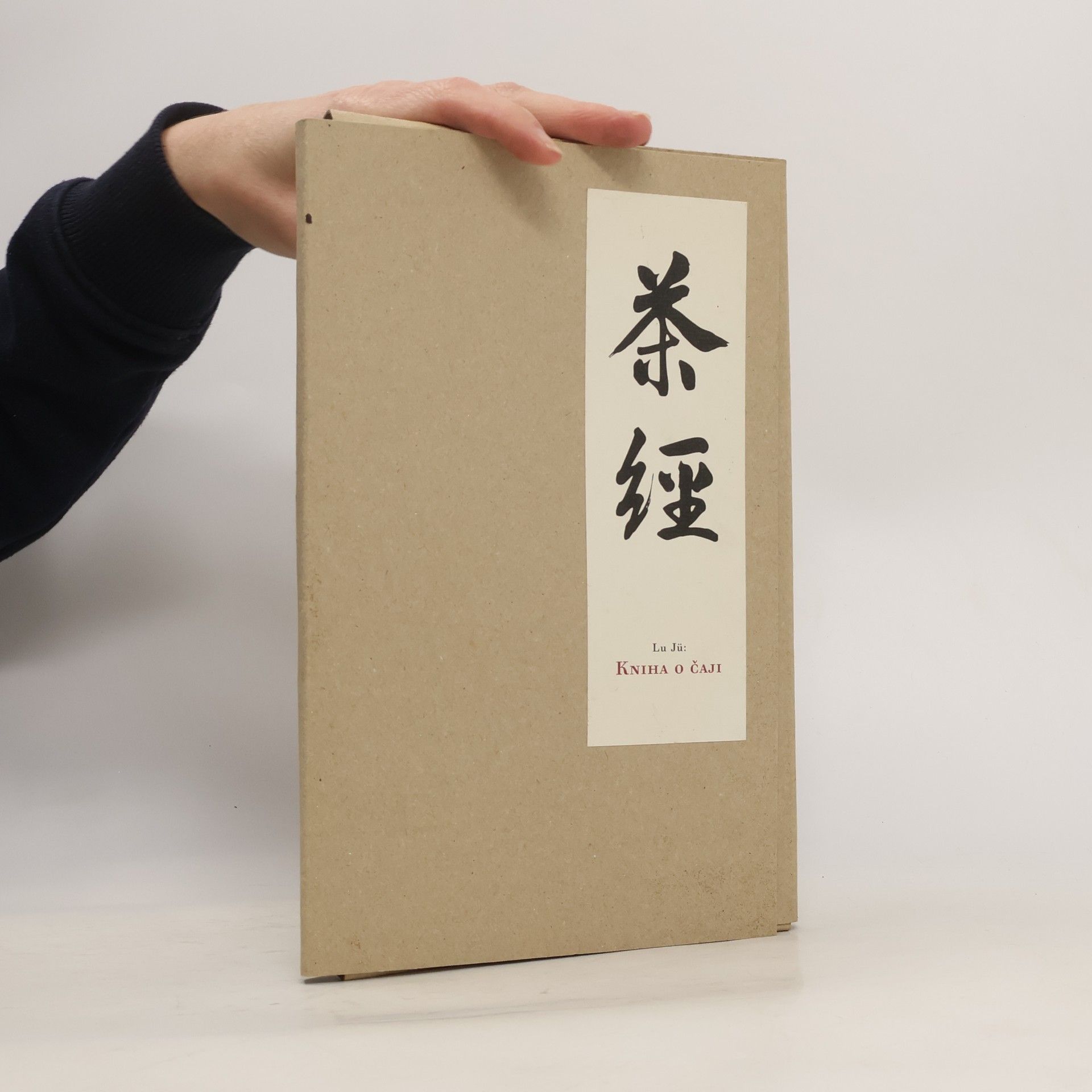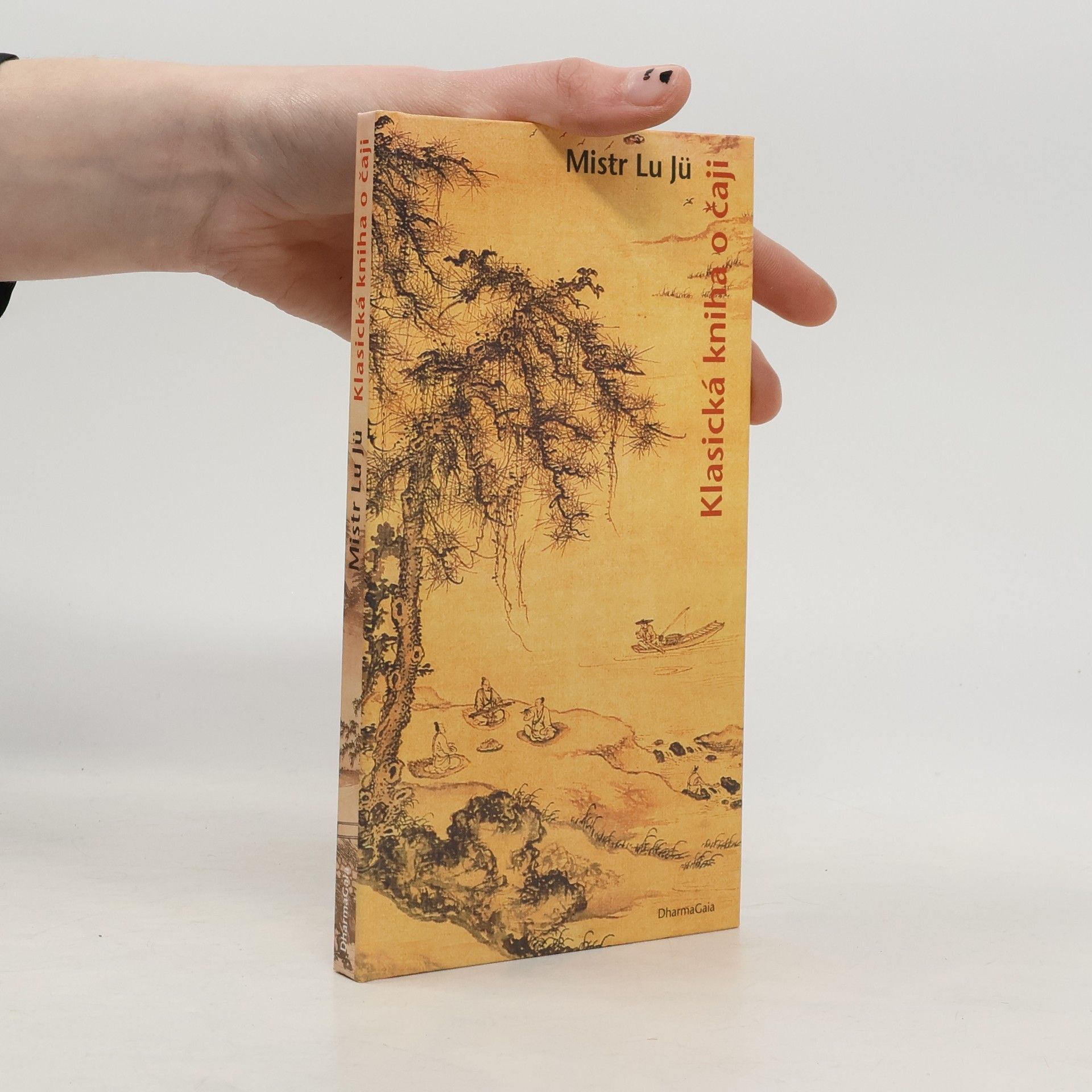Pití čaje má v Číně tisíciletou tradici. Lu Jü (733-804), čínský literát a čajový mistr z období dynastie Tchang, ve své knize Čcha-ťing jako první shromáždil a utřídil všechny tehdejší znalosti o původu, pěstování, sběru, zpracování, přípravě i způsobech pití čaje. Jeho dílo tak sehrálo klíčovou úlohu při formování rafinované čajové kultury, která dnes oslovuje i nás, „západní barbary". Doplněno dobovým komentářem. Základní příručka pro všechny čajomily!
Lu Jü Knihy
1. leden 0733 – 1. leden 0804
Lu You byl významným básníkem dynastie Jižní Song v Číně. Jeho dílo je charakteristické pro svou dobu a odráží ducha a styl čínské poezie. Jako prominentní postava literárního světa zanechal nesmazatelnou stopu. Jeho básně jsou dodnes ceněny pro svou poetickou hodnotu.

